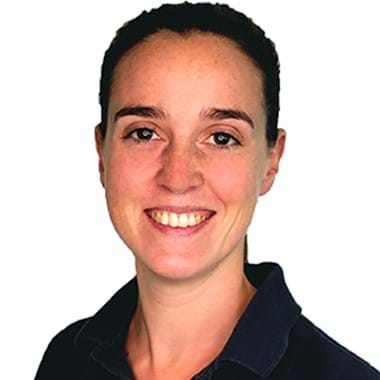Production of IPM poster for strawberry and raspberry

Célia Bordier
450 653-7368
ext 631
Description
Integrated fruit production (IFP) aims to reduce the harmful impacts of pesticides, while ensuring quality fruit production. An IFP program emphasizes practices that promote environmental protection, health and safety, product quality, and farm business sustainability. Since 2017, strawberry and raspberry PFI posters have been produced to help agronomists and growers with pest and disease management. These posters are, to this day, seen as an essential tool in phytosanitary management on the farm. This project aims to update these tools for two production seasons, but also to develop training (webinar and video tutorial) for their best use by agronomists and producers.
Knowledge transfer is a dynamic process and we want to create multiple mechanisms that promote the dissemination, adoption and appropriation of new knowledge. Not only must the relevant knowledge to be transferred be determined, but also the needs of the target audience and the contexts in which the actors use the knowledge.
Objective(s)
The main objective of this project is to encourage and further promote the adoption of integrated pest management by producers in the strawberry and raspberry sector in Quebec. This project will make it possible to provide tools for dissemination and assistance in the dissemination of integrated pest management to strawberry and raspberry producers in Quebec, which contribute to reducing the use of pesticides and their risks to health and the environment.
The specific objectives are:
- Updated two PFI strawberry and raspberry posters for the 2022 and 2024 seasons;
- Training of agronomists and producers on the proper use of posters to improve their practice of PFI on the farm.
From 2022 to 2024
Project duration
Fruit production
Activity areas
Pest, weed, and disease control
Service
Partners
Association des producteurs de fraises et de framboises du Québec (APFFQ) et MAPAQ
This project is funded by the ministère de l'Agriculture, des Pêcheries et de l'Alimentation under the Prime-Vert PAD program.
Publications
This may interest you
Adapting fruit crop pest and disease control to climate change
The goal of this project was to document the impact of climate change on fruit crop pests and diseases in Québec.
Researcher: Annabelle Firlej

Integrated fruit production under nets: low drift and low impact sprays used for thinning and other phytosanitary interventions in organic or pesticide-free orchards
Optimizing spraying through exclusion nets.
Researchers: Gérald Chouinard Daniel Cormier Vincent Philion



Determining the impact of temperature and organic fertilizer type on the soil mineral nitrogen supply and the productivity of organic cranberry crops
Flexible management of nitrogen fertilization (fertilizer type and dose) as a function of temperature for better yields in organic cranberry production.
Researcher: Christine Landry


